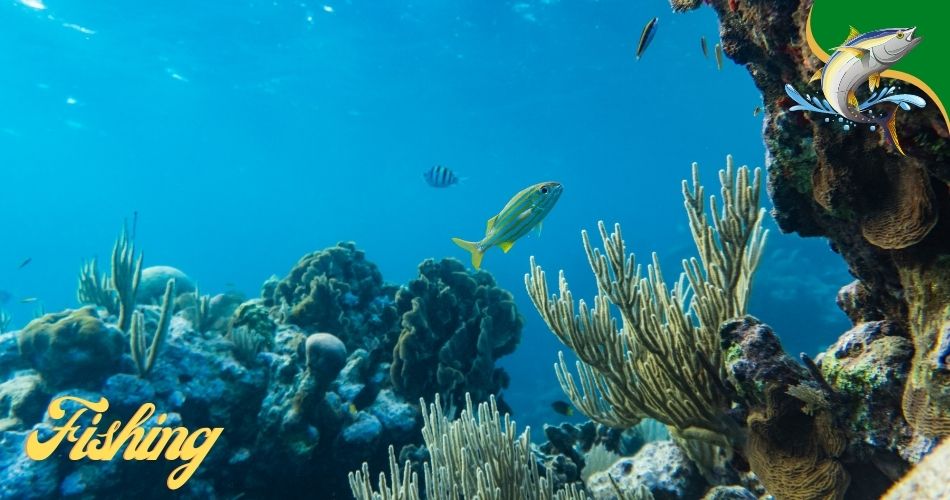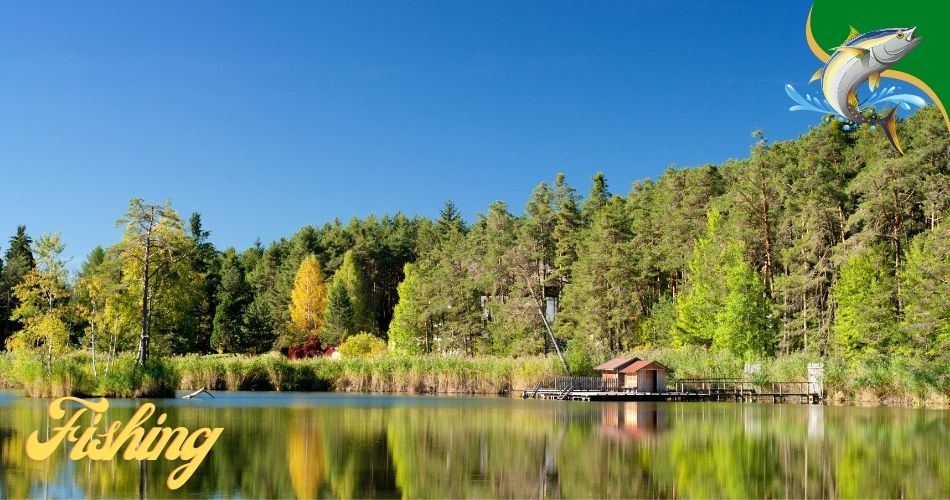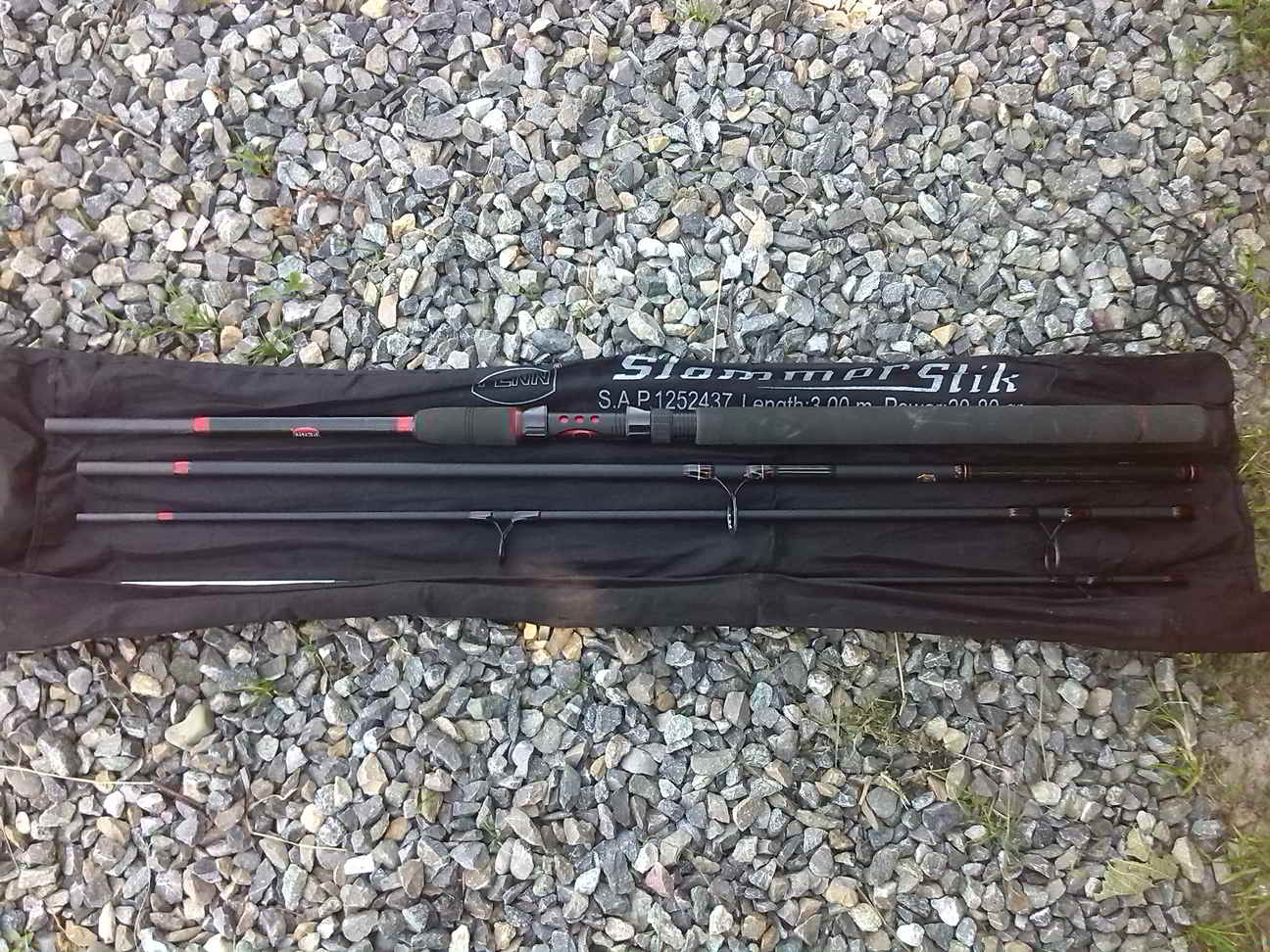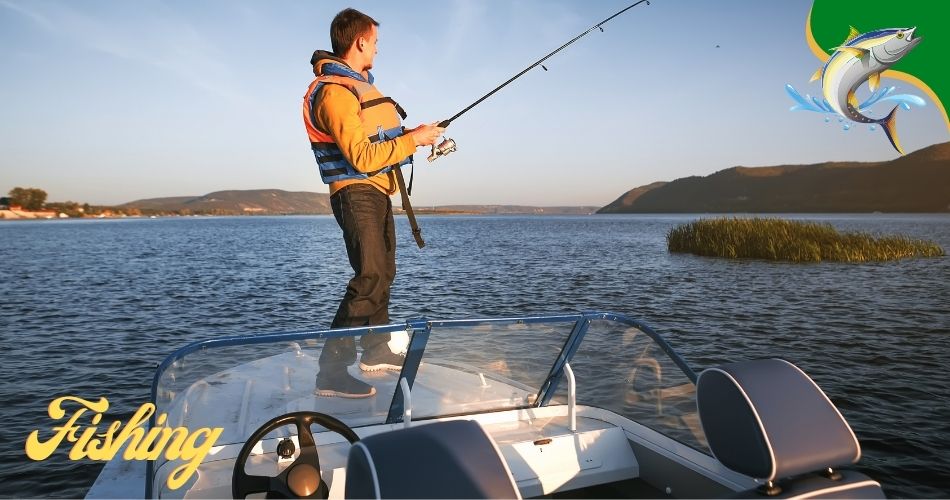Are you looking for a unique fishing experience? Bay Flats Lodge offers one of the…
Become an Expert Fish and Wildlife Technician and Make a Positive Impact
What is a Fish and Wildlife Technician?
A fish and wildlife technician is a professional environmental scientist who works to monitor, manage, and protect fish and wildlife resources. They work to ensure the sustainability of the environment, and strive to maintain the health of ecosystems. Fish and wildlife technicians may conduct research, analyze data, and provide advice to natural resource managers and policy makers. They may also be responsible for leading field trips, teaching classes, and providing educational programs to the public.
What Qualifications Do You Need to Become a Fish and Wildlife Technician?
The qualifications necessary to become a fish and wildlife technician vary depending on the specific job and employer, but there are some common requirements. Most employers require a bachelor’s degree in a related field, such as biology, natural resources, or environmental science. Additionally, many employers require experience in the field and some may require certification.
What Does a Fish and Wildlife Technician Do?
The responsibilities of a fish and wildlife technician vary depending on the specific job and employer, but there are some common tasks. They may conduct research to monitor and assess the health of fish and wildlife populations. They may also collect and analyze data to inform natural resource management decisions. Additionally, they may be responsible for leading field trips, providing education programs to the public, and providing advice to policy makers.
What Skills Are Needed to Become a Fish and Wildlife Technician?
The skills needed to become a fish and wildlife technician include:
- Research and data analysis: Ability to conduct research and analyze data to inform natural resource management decisions.
- Communication: Ability to communicate complex scientific concepts to a variety of audiences.
- Leadership: Ability to lead field trips and provide educational programs to the public.
- Technical expertise: Knowledge of fish and wildlife management and biology.
- Problem-solving: Ability to assess problems and develop solutions.
- Computer skills: Familiarity with computer software and systems used in the field.
What Are the Benefits of Being a Fish and Wildlife Technician?
Being a fish and wildlife technician can be an exciting and rewarding career. It provides the opportunity to work outdoors and have direct contact with nature. Additionally, it offers the chance to make a positive impact on the environment and help protect and maintain the health of wildlife populations. Additionally, it can provide job stability and the potential for career advancement.
How to Become an Expert Fish and Wildlife Technician?
Becoming an expert fish and wildlife technician requires dedication, hard work, and a commitment to continuous learning. Here are some steps you can take to become an expert fish and wildlife technician:
- Gain experience: Gain experience in the field by working as an intern or volunteer for a fish and wildlife organization or agency. This will provide you with hands-on experience and help you gain a better understanding of the profession.
- Obtain a degree: In order to become a fish and wildlife technician, you must have a bachelor’s degree in a related field, such as biology, natural resources, or environmental science. Additionally, some employers may require certification.
- Gain technical knowledge: Develop a strong understanding of fish and wildlife management and biology. This can include taking courses, reading books, attending workshops, and participating in industry events.
- Develop skills: Develop the skills necessary to become an expert fish and wildlife technician, such as research and data analysis, communication, leadership, and problem-solving.
- Stay current: Stay up-to-date on the latest developments in the field by subscribing to newsletters and attending conferences.
Conclusion
A career as a fish and wildlife technician can be a rewarding and fulfilling experience. It provides the opportunity to work outdoors and have direct contact with nature. Additionally, it offers the chance to make a positive impact on the environment and help protect and maintain the health of wildlife populations. Becoming an expert fish and wildlife technician requires dedication, hard work, and a commitment to continuous learning. With the right qualifications, experience, and skills, you can become an expert fish and wildlife technician and make a positive impact on the environment.





